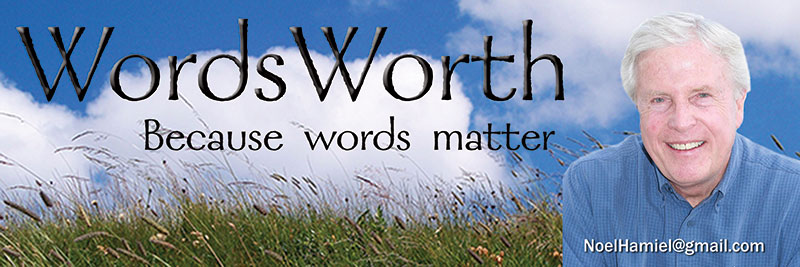Lexophile: a lover of words. – DefinitionOf
A friend often sends humorous notes by email.
“I stayed up all night to see where the sun went, and then it dawned on me.”
A day or two earlier, he sent this:
“Did you hear about the cross-eyed teacher who lost her job because she couldn’t control her pupils?”
And this:
“I changed my iPod’s name to Titanic. It’s syncing now.”
You get the idea.
He calls these plays on words lexophilia and a person who uses them a “lexophile.”
Now, I like words, and over the decades in the newspaper field I saw millions of them, and dozens of new ones that became part of the language, too.
But I wasn’t overly familiar with the word “lexophile” and so I went to my dictionary to find it. It wasn’t there. So I checked another dictionary. And another. (I have several, including Websters Third New International Dictionary, which can double as a booster seat for the smaller grandchildren.)
The word was nowhere to be found.
It was also absent from the first online sources that I checked, but finally, there it was, included in DefinitionOf, an Internet site:
Lexophile: (noun) a lover of words, one who derives pleasure from various uses of words, who appreciates the nuances surrounding different words, and who is alert to synonyms, antonyms, homophones, and homonyms, often using them for effect, sometimes in humor.
When I contacted my friend about the word, he said he thought it was not really a word, unless “made up” words qualify.
And that is precisely how words make their way into our language. They are invented and used and, after a time, the dictionary companies include them in their books.
In fact, every year the dictionary makers will send out a press release listing the new “words” that are added to the language.
Here are a couple of recent examples:
Brexit (noun): the departure of Great Britain from the EU.
On June 23rd 2016, the majority of the British public voted for Brexit.
Trumpatized (adjective): traumatized by the idea of Donald Trump winning the presidential election. When the patient walked into the room I could tell they were trumpatized by the results of the election.
About 800 new words are added to English dictionaries each year.
Since lexophilia seems to be a strong candidate, this column will end with one.
“I didn’t like my beard at first. Then it grew on me.”
April 19, 2017
